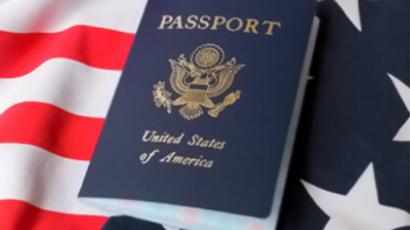Body scanners - panacea or more trouble?
With increased air travel safety measures in the US coming into force, the wider use of body scanners is very likely. Their implementation is controversial because of their intrusive nature.
Some experts also say that they are less effective than simple physical pat-downs.
The security moves came after American President Barack Obama’s speech on Tuesday, in which he criticized US security agencies after they failed to prevent an attempted bombing of an airliner on Christmas Day.
In the US there has been mixed reaction to the changes. Many people are outraged at what happened on December 25, wondering how this could have happened after 9/11 and demanding that something be done about it, but others are saying that this is an invasion of privacy.
James Ridgeway, an investigative journalist for Mother Jones.com and author of the book “The Five Unanswered Questions About 9/11,” argues that full body scanners are actually incapable of identifying metal parts, explosives or chemicals hidden in a human body.
“I’ve been following this since 9/11, and the people I’ve been talking to who are actually involved in this they say [the scanners] don’t work,” Ridgeway said. “Because they say you can take an explosive and put in a body cavity and they can’t detect it. So, as one of them said to me, you could put the entire works for a bomb inside your body and no one will know.”













